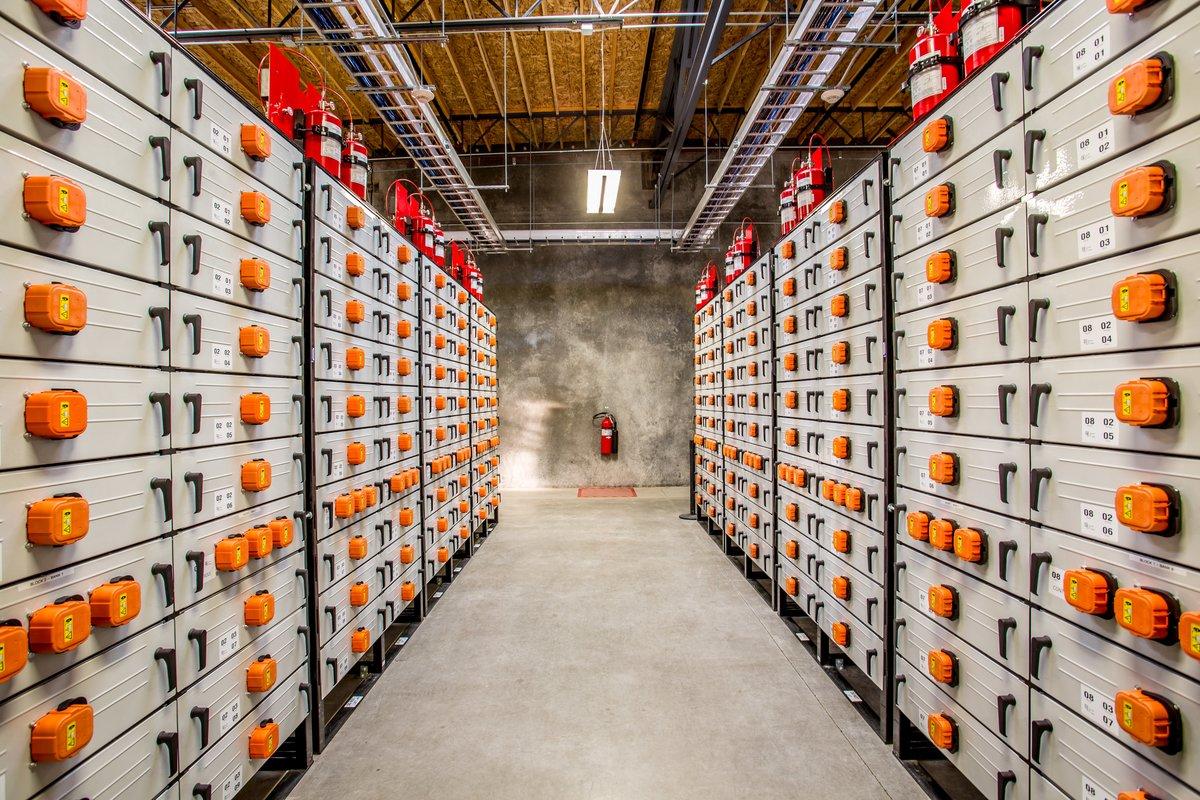AUTHORS: Thorfinn Stainforth – Jesus Urios – Antoine Lucic
Batteries are one of the pillars of the low-carbon energy transition. IEEP has prepared a response to the European Commission’s public consultation on the evaluation of the Batteries Directive.
In the future, large-scale batteries will be one of the underpinnings of our energy system, allowing us to both store energy and provide a mobile source of energy for transport. They also have the potential to make our energy system much cleaner – at source and at point of use – if deployed with sustainability in mind.
To better match its climate neutrality objective in the context of the European Green Deal, the European Commission is updating its Batteries Directive with the objective of influencing a larger proportion of the sector’s supply chains. This public consultation invites relevant stakeholders to provide relevant information for assessing the Directive’s performance and suitability.
IEEP has prepared a response to the public consultation, framed by two broad themes:
- Recognising the material limitations of the sector and its high material cost, both in Europe and beyond.
- Considering the important equity implications in relation to the employment and environmental risks and opportunities.
Vigilance is required to ensure that the battery revolution has a material impact that is as limited as possible, as well as providing a just foundation for equitable, resilient industrial activity in Europe. With limited capacity to extract the raw materials necessary to satisfy its entire projected demand for batteries, the EU will largely depend on raw materials sourcing outside its borders. Compliance with the highest social and environmental standards is thus of utmost importance.
To reduce the impact of natural resource extraction, IEEP stresses the need to support the uptake of markets for secondary raw materials. Improvements in the collection, treatment and recycling are key to reduce our material footprint and increase, to an extent, the EU’s strategic autonomy.
The unprecedented economic crisis arising from the COVID-19 pandemic makes the creation of jobs an urgent priority. As in other segments of the transport sector, the battery sector will require policymakers at all levels to insist on a strong framework of social dialogue to ensure workers are at the forefront of change. Furthermore, IEEP encourages coordination between the Industrial Strategy and the New Batteries Directive to foster locating new production and recycling hubs in depressed regions and less well-off countries through incentives and subsidies.


